College of Human Sciences
Unisan shares her water research expertise at national conference
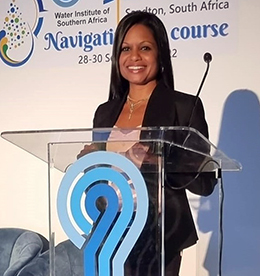
Dr Suvania Naidoo addressing the conference
The Water Institute of Southern Africa (WISA) 2022 Conference took place from 28 to 30 September in Johannesburg under the theme Navigating the course. WISA aims "to inspire every person in Southern Africa to have a passion for water so that we can ensure that water is available for future generations".
Dr Suvania Naidoo, Head of Teaching and Learning, Community Engagement and Student Support in the College of Human Sciences, served as a panellist for a Mine Water Workshop under the theme Mine Water – Golden Thread or Gordian Knot for a post-Covid Stimulus and the Just Transition Pathway.
The panel consisted of experts in water and mine management, namely Mariette Liefferink (CEO: Federation for a Sustainable Environment), Carla Hudson (Consultant at Environmental Resources Management), Sophia Tlale (Environmental Manager at Trans-Caledon Tunnel Authority), Noeleen Greyling (Social Development and Communications Manager at The Impact Catalyst) and Bashan Govender (Senior Manager at The Impact Catalyst).
The workshop focused on three critical areas that concern water quality: mine water management, mine closure and the just transition. The workshop aimed to address some of the socio-economic impacts of going green, with a water-centric theme linked directly to mine water and mine closure. The conversation delved into the technical, regulatory and social constructs and perceptions, community upliftment, multi-disciplinary alignment and stakeholder engagement.
Naidoo's contribution focused on her in-depth engagement with various stakeholders and communities on their perceptions of the treatment of acid mine drainage (AMD) and its impact on water quality. The eastern basin AMD treatment plant discharges water into the Blesbokspruit river and this has various impacts on those who are dependent on this water source. Her role as a panellist was to present the views of communities on the AMD project, its impact on water quality and the effectiveness of mining and environmental regulations.
Naidoo presented a standpoint on what influences how people think about water quality and why it is imperative to consider people’s social constructions of water quality when considering mine closure and post-mining management. She also emphasised what is imperative as future priorities such as the significance of strengthening cooperative government to determine cumulative impacts that can essentially contribute to improving how South African legislation is enforced.
* Submitted by the College of Human Sciences
Publish date: 2022-11-01 00:00:00.0


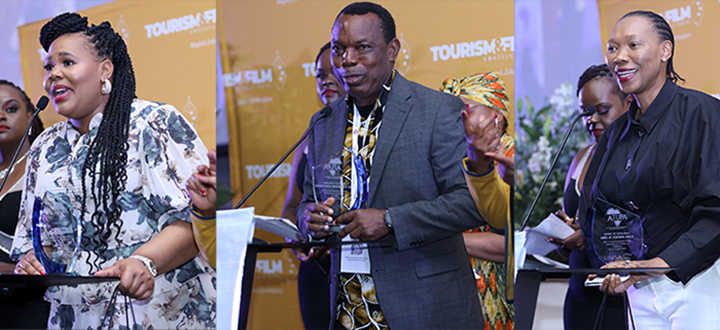 Unisa and ATUPA recognise researchers for ingenuity and innovation
Unisa and ATUPA recognise researchers for ingenuity and innovation
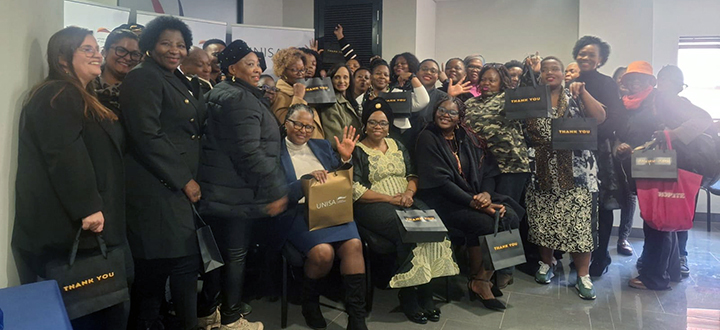 Recognising the unceasing resilience of women
Recognising the unceasing resilience of women
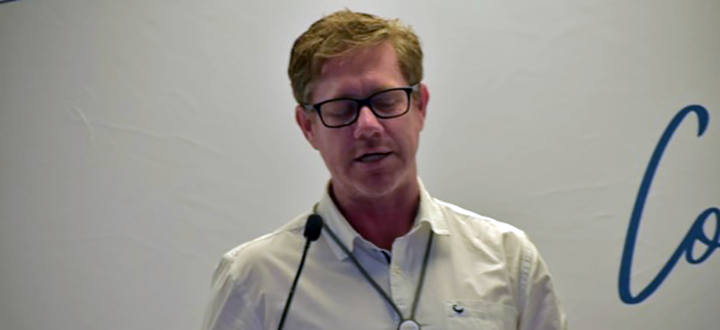 Unisa and SHECASA promote institutional health and safety
Unisa and SHECASA promote institutional health and safety
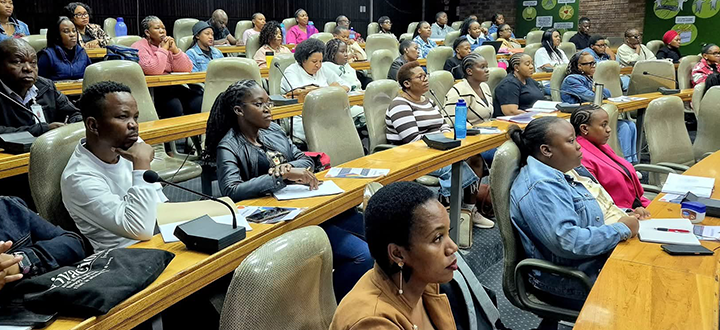 Effectual partnership to advance public health knowledge
Effectual partnership to advance public health knowledge
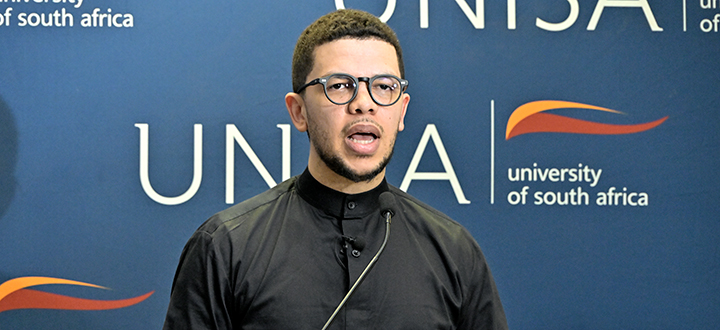 OR Tambo remembered as a radical democracy builder
OR Tambo remembered as a radical democracy builder